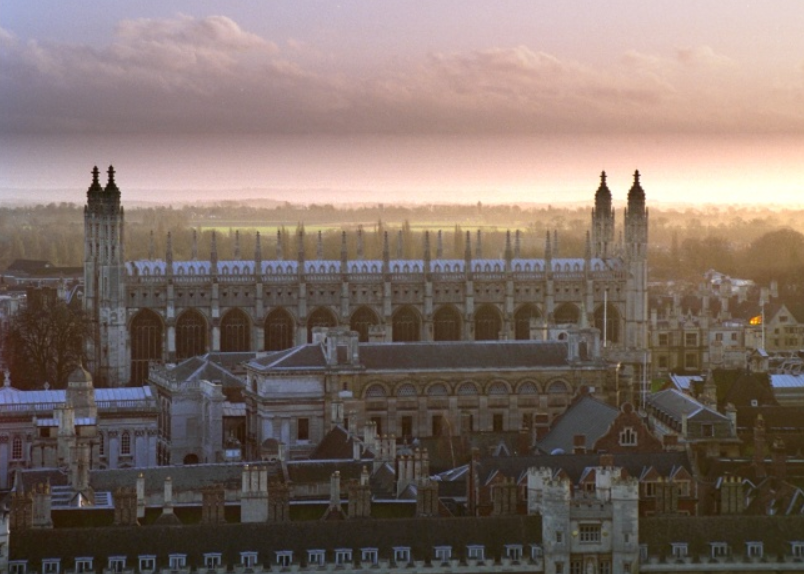
Interview on War Poetry (Part I)
with Adrian Barlow (Cambridge University)
(The interview was conducted by students from Goetheschule Essen in 2014)
Student 1: Mr Barlow, we would like to thank you for your time and the opportunity to speak to you today.
Barlow: It's a great pleasure.
Student 1: We would like to start with the question “WHY WAR POETRY?”. We have heard that you have specialized in the field and would like to know where this fascination comes from.
Barlow: How long have you got for me to answer that question?
[laughter]
Why war poetry? The First World War, as far as Great Britain was concerned, was really the first occasion, the first major conflict, in which a large number of not professional soldiers took part, of whom again a significant number were writers, artists, musicians. So for the first time really there were people involved in war and experiencing the conditions of war as writers and performers and artists and doing what they always do, which is to make the experiences of life into their art. At the start of the war, on the whole the mood wasn't what I'd call excitement but a certain sense that a great event was going to happen, whatever the outcome was going to be. Young people in their twenties and thirties particularly had a sense that they ought to be taking part and could really not afford not to be engaged with. It was going to be a life-changing experience, not just for them personally but for their country.
I don't know if you are familiar with a poet Rupert Brooke. He produced one of the most famous of all the poems written at the start of the war. At my school at the time we had to learn by heart the poem The Soldier. It was always taught to us as a great patriotic outpouring of feeling on behalf of his home country, but if you think about the poem really carefully it's slightly more complex than that, slightly different. Just think of that first line. “If I should die, think only this of me”. Who is he talking to? He is not talking to himself. He is talking to his girl-friend, to his mother, perhaps to his wife or to his best friends. What I like to think is - Rupert Brooke was in his mid-twenties - that he was imagining a soldier talking to his girl-friend saying “If I'm dead it's not me that counts any more, it's you and how you are going to think about what I have done. Going to war, was it worth fighting, was it worth dying for?” So it is really about remembering and how to come to terms with the grief that they will feel then. And if you think of it like that it's not simply a flag-waving 'Rule Britannia' or 'Deutschland, Deutschland über alles” poem. It's not that really. It's about how somebody left behind can make sense of the death of somebody they loved.
Now, having said all that, it is of course a poem which is immensely proud of the country from which it comes. However, this phrase “forever England” - it's not a patriotic “England forever”; it's “England is wherever I am because England made me who I am and therefore, wherever I die and be buried, I will become a part of it.” That struck a tremendously powerful chord at the start of the war. When Rupert Brooke died of blood-poisioning on his way to the Dardanelles after having been bitten by a mosquito, that poem The Soldier was actually read out in St. Paul's Cathedral in London and the obituary of him (that is to say the tribute to his death) was written by Winston Churchill and published in The Times. So right from the start of the war, this was 1915, poetry became very high-profile.
Adrian Barlow, former Director of Public and Professional Programmes at Cambridge University and author of The Great War in British Literature, is a specialist on war poetry. Since his retirement in 2011, he has continued to write and lecture on war memorials and the significance of cultural memory. Read more in his blog.
_________________________________
Illustration:
Bob Tubbs, View over Trinity College, Gonville and Caius and Clare College towards King's College Chapel, seen from St Johns College chapel, Cambridge (UK), 1997.